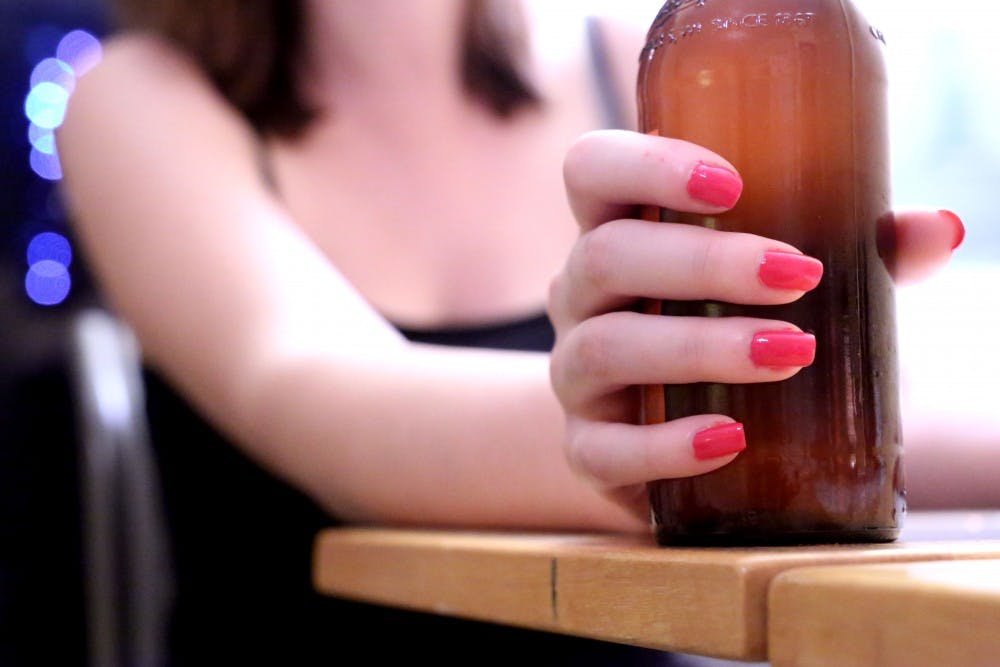This isn’t the first time that the U.S. federal government has implied that women are objects. It is sad that a country that is barely approaching the centennial anniversary of women's suffrage still releases public recommendations that treat women like they have no authority over their own bodies.
The Center for Disease Control and Prevention (CDC) recently released a set of guidelines to young women. The guidelines inform women that the government recommends that women should not drink if they are not on birth control, particularly if they are sexually active. The rhetoric has two implications:
- The State views women as sex objects.
- The State views women as baby-making factories.
At what point will the federal government's masculine ownership over female bodies stop? This logic is what is used to justify discrimination against female bodies. It is a process of otherization where the government views women as objects instead of people.
The first implication is evident in the CDC’s direct targeting of the message toward women. The guidelines aren’t telling men that they shouldn’t drink at parties if they don’t have a condom in their back pocket. They also fail to mention how alcohol consumption by men leads to more instances of abuse, sexual assault and rape of women by men.
The guidelines place all of the blame for unprotected sex squarely on women by insinuating that women are the ones who shouldn’t drink if they aren’t prepared to have sex. The logic extends to the government telling women that they only drink so that they will be able to have sex. The guidelines are explicit in linking alcohol consumption by women to sex. The guidelines portray women as only caring about finding a man to go home with, instead of wanting to have normal social interactions with their friends or even having a glass of wine at home.
The CDC is telling women to not drink and have sex if they're not on birth control. They view women’s sexual activity as nothing more than a woman's attempt to have children. The statements don't grant women the right to have sex just because sex is awesome. Instead, the statements explicitly criticize a lack of birth control. That means that the state is linking women's sexual activity exclusively with having babies. That expresses the state's view that women are baby-making factories.
That rhetoric is dangerous because of the way it limits women's identities. Though not explicitly stated in the guidelines, the CDC is implying that people should limit their sexual activity because if they drink and have sex, the women may have babies. They completely disregard other forms of contraception and place all the burden for an accidental pregnancy on the woman.
As a student at ASU, I know plenty of people who drink to have a good time with their friends. Students need to come together and defend women’s right to drink however and whenever they want. Also, students should continue to fight against masculine centrality in the way that the government makes policies toward women.
Students can fight against the overt sexism of the CDC’s guidelines and other policies that try to diminish women’s right to live life to the fullest. Fight the CDC guidelines by drinking responsibly whenever you want, ladies, and I hope we all, to paraphrase the Beastie Boys, "fight for your right to partayyyyyy."
Related Links:
Editorial: Drinking age debate
Drunkorexia: Starving for a Drink
Reach the columnist at ctvinson@asu.edu or follow @caleblikevauban on Twitter.
Editor’s note: The opinions presented in this column are the author’s and do not imply any endorsement from The State Press or its editors.
Want to join the conversation? Send an email to opiniondesk.statepress@gmail.com. Keep letters under 300 words and be sure to include your university affiliation. Anonymity will not be granted.
Like The State Press on Facebook and follow @statepress on Twitter.




